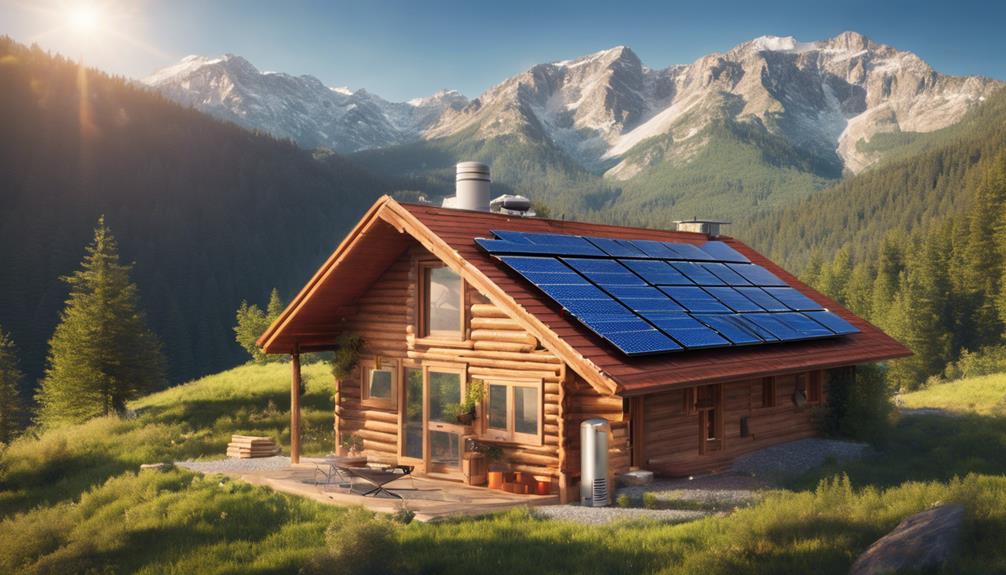
When it comes to solar energy, many homeowners and businesses are excited about the potential benefits of harnessing the sun’s power. However, one frequently asked question is: can too much watts from a solar panel cause problems? In this blog post, we will explore this topic in detail, discussing the implications of high wattage solar panels, their impact on installations, and how to optimize your solar setup for maximum efficiency without complications.
Understanding Solar Panel Wattage
Solar panels are rated by their wattage, which indicates the maximum power they can produce under ideal conditions. For instance, a 300-watt solar panel can generate up to 300 watts of electricity when exposed to peak sunlight. However, it’s essential to understand that wattage alone does not determine a solar panel’s efficiency. Factors such as panel quality, installation angle, and geographical location also play crucial roles. Higher wattage panels can be beneficial for maximizing energy output, especially in areas with limited roof space. Yet, this raises the question: can too high a wattage create complications in your solar energy system?
Potential Issues with Overloading Solar Systems
One of the primary concerns about using high wattage solar panels is the potential for overloading the system. When solar panels produce more electricity than the inverter can handle, it can lead to inefficiencies and even equipment failure. Inverters are designed to convert direct current (DC) from the panels into alternating current (AC) for home use. If the wattage exceeds the inverter’s capacity, it may shut down or become damaged, leading to costly repairs. Therefore, it’s crucial to match the inverter capacity with the total wattage of your solar panels to ensure a balanced system.
Impact on Battery Storage Systems
For those who incorporate battery storage into their solar power systems, high wattage panels can create additional challenges. Batteries have a specific charge and discharge rate, and if solar panels produce more energy than the battery can store or manage, it can lead to overcharging. Overcharging can shorten the lifespan of batteries and potentially create safety hazards. Therefore, it’s vital to calculate the total wattage and ensure that the battery system is adequately sized to handle the energy produced by your solar panels.
Heat Generation and Efficiency Loss
Another factor to consider when discussing high wattage solar panels is heat generation. Solar panels naturally produce heat during operation, and higher wattage panels can generate more heat, leading to decreased efficiency. As the temperature of the solar panels rises, their efficiency in converting sunlight into electricity can drop. This phenomenon, known as temperature coefficient, means that while you may have high wattage panels, excessive heat could negate some of the benefits. This is why it’s essential to ensure proper ventilation and installation strategies that allow for heat dissipation.
Choosing the Right Inverter for High Wattage Panels
When integrating high wattage solar panels into your system, selecting the appropriate inverter is crucial. Inverters come in various sizes and types, including string inverters, microinverters, and power optimizers. Each type has its advantages and limitations. For high wattage panels, microinverters or power optimizers may be preferable because they can handle the energy output more efficiently and allow for individual panel monitoring. This setup can help mitigate potential issues with overloading, ensuring a stable and productive solar energy system.
Regulatory and Safety Standards
Another essential aspect to consider is compliance with local regulations and safety standards. Many regions have specific guidelines regarding the maximum wattage for solar panel installations. Exceeding these limits can lead to legal complications, fines, or even the need to dismantle the system. Additionally, safety standards are in place to protect homeowners, contractors, and the electrical grid. Therefore, it’s imperative to consult with a licensed solar installer who understands your local regulations and can help you design a system that adheres to these guidelines.
Maximizing Efficiency without Complications
To maximize the benefits of your solar panels without encountering complications, it’s essential to focus on a well-balanced system. This includes selecting the right wattage of solar panels, choosing compatible inverters, and considering battery storage needs. Conducting a thorough energy audit can also help you determine your energy needs and how many solar panels will be required. This proactive approach can prevent potential issues down the line and ensure that your solar energy system operates at its optimal capacity.
Conclusion: The Balance of Wattage in Solar Systems
In conclusion, while high wattage solar panels can provide substantial benefits, they also come with potential risks if not managed correctly. Can too much watts from a solar panel cause problems? Yes, if the system is not designed and installed properly. By understanding the intricacies of solar panel wattage, selecting the right components, and adhering to local regulations, you can harness the power of solar energy effectively and efficiently. Always consult with experienced professionals when considering solar panel installations to ensure a balanced approach that maximizes energy output while minimizing risks. With the right setup, you can enjoy the full benefits of solar energy without the complications related to excessive wattage.





